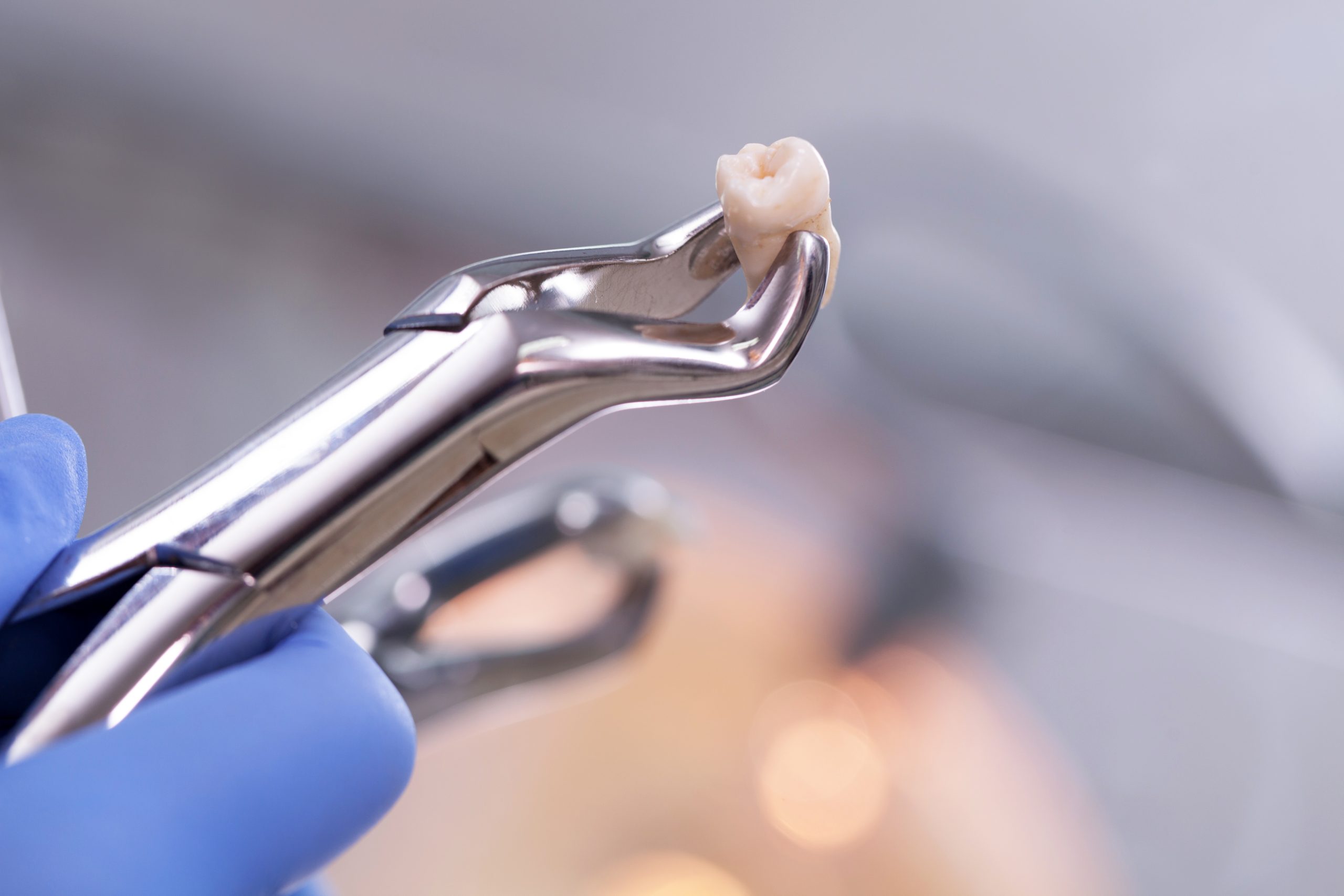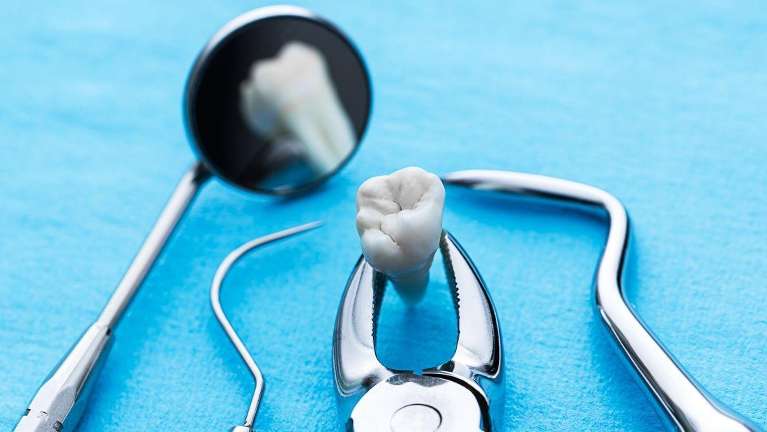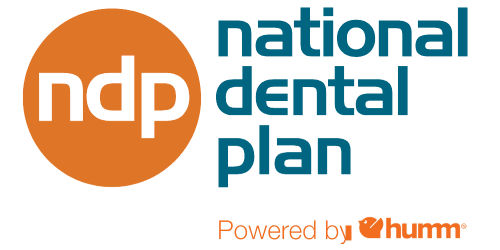Tooth Extraction
Do You Have a Painful Tooth?
Not all tooth pain requires extraction. At Yarra Smiles, we can give you options to protect your oral health and eliminate pain.
Tooth Extraction
Tooth Extraction is usually a simple and safe dental procedure. Extraction of a tooth, when indicated relieves pain, prevents future complications, and improves oral health.
Among the more frequently extracted teeth are wisdom teeth, which often present problems as they develop.
Extraction of a tooth can be recommended for several different reasons, such as:
Severely Damaged Teeth — If a tooth is too damaged or decayed to be repaired with a filling or a crown, extraction followed by replacement of extracted tooth is appropriate.
Infection Risk — Tooth decay when advanced can cause infection within the tooth itself which can then spread to involve the surrounding bone and tissue resulting in severe and sometimes life threatening infection. Although extraction is not always the only option to treat the infection, it may be the only option in some situations.
Wisdom teeth, or third molars, are the last to erupt in your mouth, usually in the late teens or early 20s. Not everyone needs these teeth removed, but extractions are common due to the problems they can cause.
Severe Bone Loss — Severe bone loss caused by gum disease may warrant tooth extraction of a tooth that can not be treated.

What to Expect During a Tooth Extraction
The extraction procedure varies depending on whether it’s a simple extraction or a surgical one (which requires bone removal with or without sectioning of the tooth).
Here’s what generally happens:
Initial Assessment — A clinical assessment, followed by a radiographic assessment (an x-rays of the tooth to be extracted) will help plan the extraction so any possible complications can be avoided.
Anaesthesia — You will receive a local anaesthetic to numb the area around the tooth to be extracted to make sure no pain is experienced during the procedure.
The Extraction — The tooth is then extracted carefully avoiding trauma to surrounding tissues.
Stitches — Stitches are used only if extraction is surgical. Stitches are usually resrobable and will dissolve withn a week after extraction.
Care after Tooth Extraction
Recovery typically takes a few days to a week or more, depending on the complexity of the treatment. You might experience some swelling and mild discomfort, which are normal. Follow the instructions below to make sure the extraction site heals without any complications.
- Take pain relief as advised by your dentist.
- Eat soft foods and gradually reintroduce solid foods as the extraction site heals.
- Make sure anything you eat or drink is cold or room temperature.
- Avoid alcohol, smoking, strenuous activities, use of a straw and strenuous activity for a first 24-48 hours.
- Avoid spitting too much and rinsing vigorously with water after extraction.
- Brush your teeth like you normally do. Just avoid trauma to the extraction site. Good oral hygiene promotes good healing.
Prompt and proper aftercare will ensure you recover quickly and comfortably. If you experience excessive bleeding, severe pain, swelling that worsens over time, or signs of infection, please do not hesitate to contcat us.
Featured Blog Posts - Tooth Extraction

Tooth Extraction FAQs
At Yarra Smiles we believe in conservative Dentistry. Where possible we will endeavour to save a tooth, however sometimes extraction of a tooth that can potentially cause serious infection or is a risk of damage to neighbouring teeth is necessary. a patient can choose to keep a tooth that otherwise warrants extraction, however, there is a risk of sudden exacerbation of symptoms if this option is chose. This may occur at an inconvenient time. When possible, a tooth should always be saved from extraction, however, when tooth extraction is unavoidable, this should be done as soon as possible to avoid emergencies at an inconvenient time.
Tooth extraction should usually be a painless procedure. You can expect mild pain during injection, however a gel placed on the gum usually makes injection an almost pain free experience for most of our patients. Once numb, patients should not and do not experience any pain. We make sure the extraction site is pain free before attempting to extract the tooth. Where needed, we can use the option of Nitrous Oxide Sedation, or oral sedation in the form of a tablet taken before the procedure to help reduce anxiety due to procedure.
A tooth that is badly broken down, has severe bone loss around it due to gum disease or is a risk of damage to other teeth in its vicinity may need extraction.
Tooth Extraction Can Be a Pain-Free Experience
Discover smarter ways to care for your smile. Get in touch to know more about tooth extraction.


